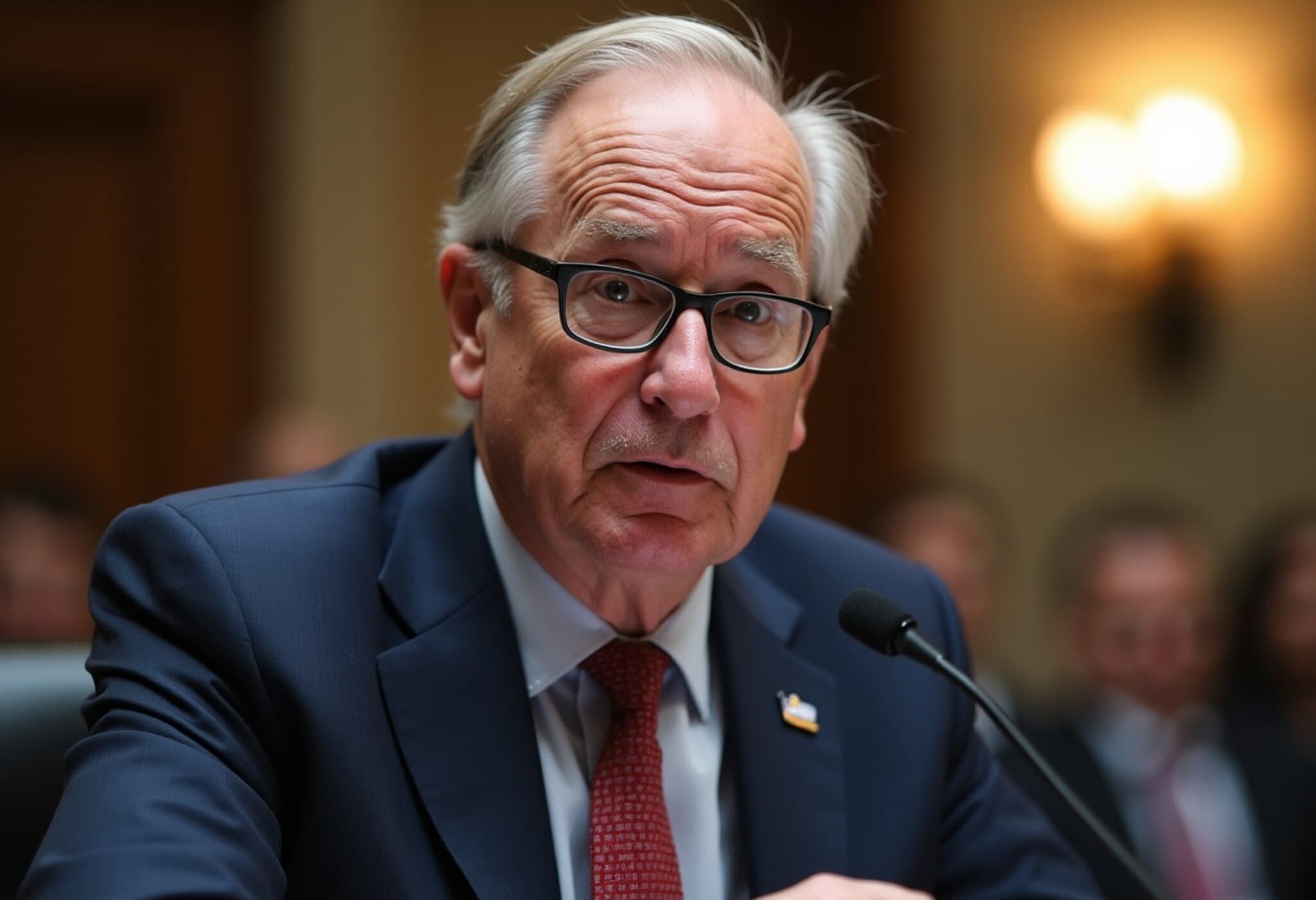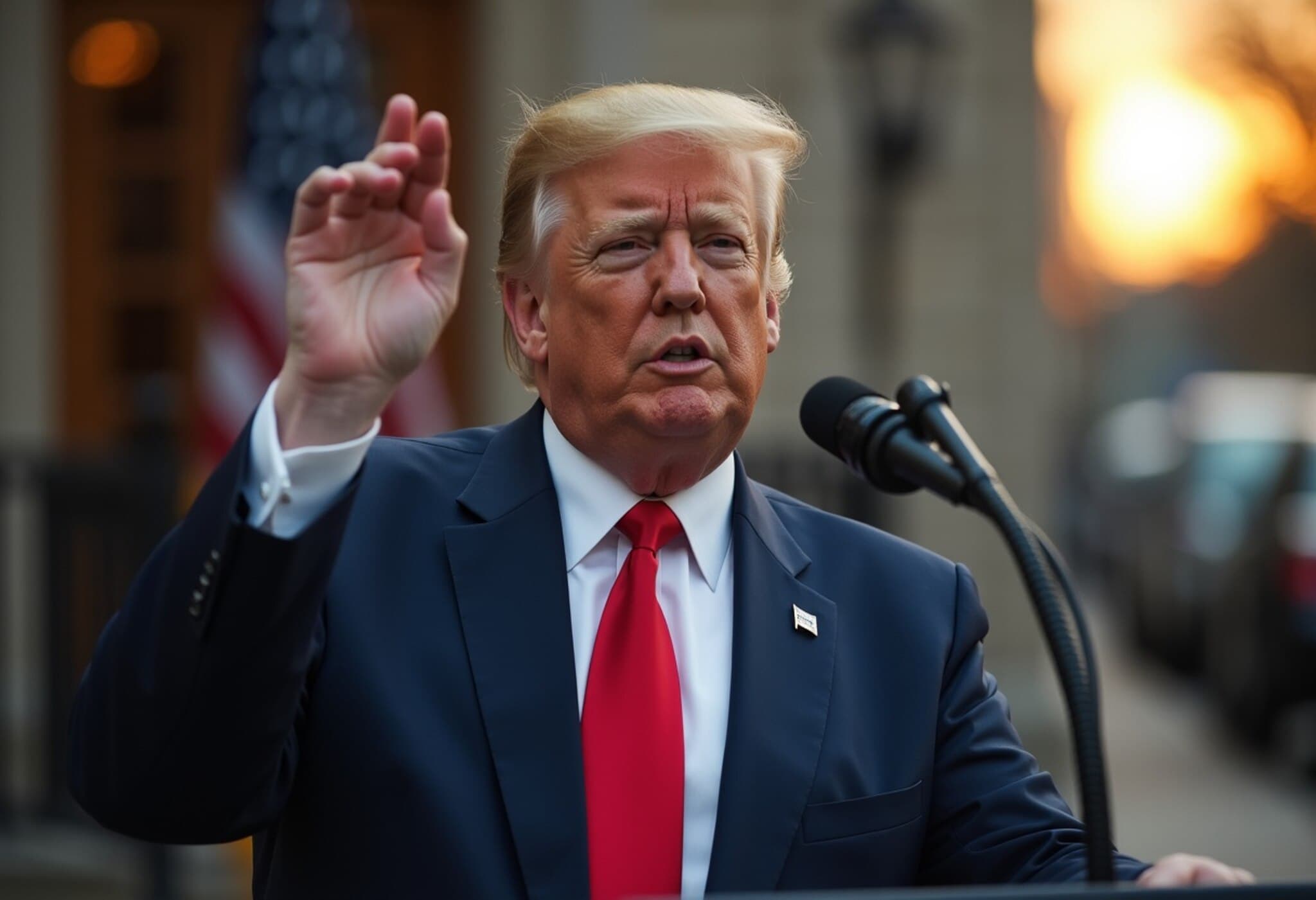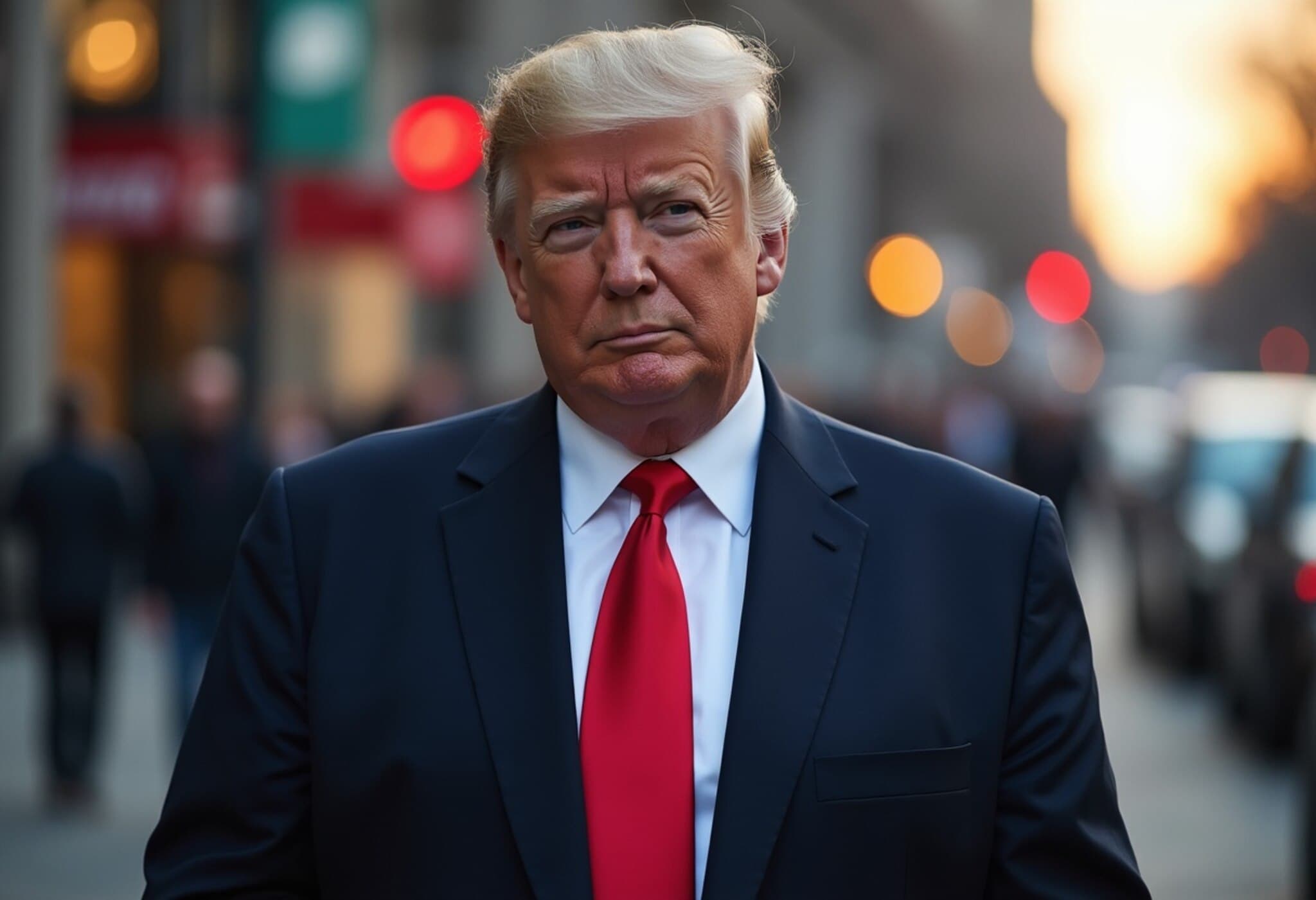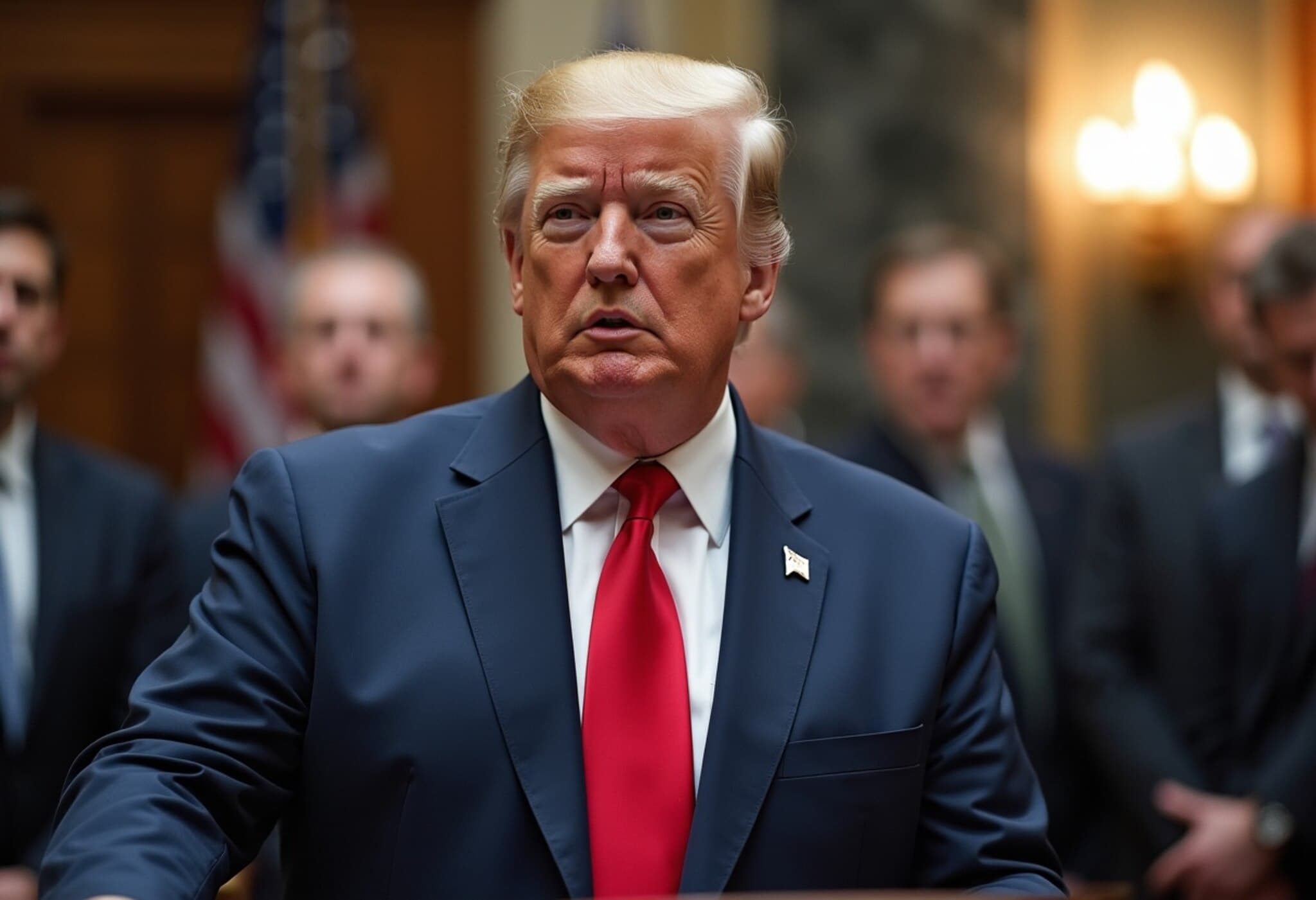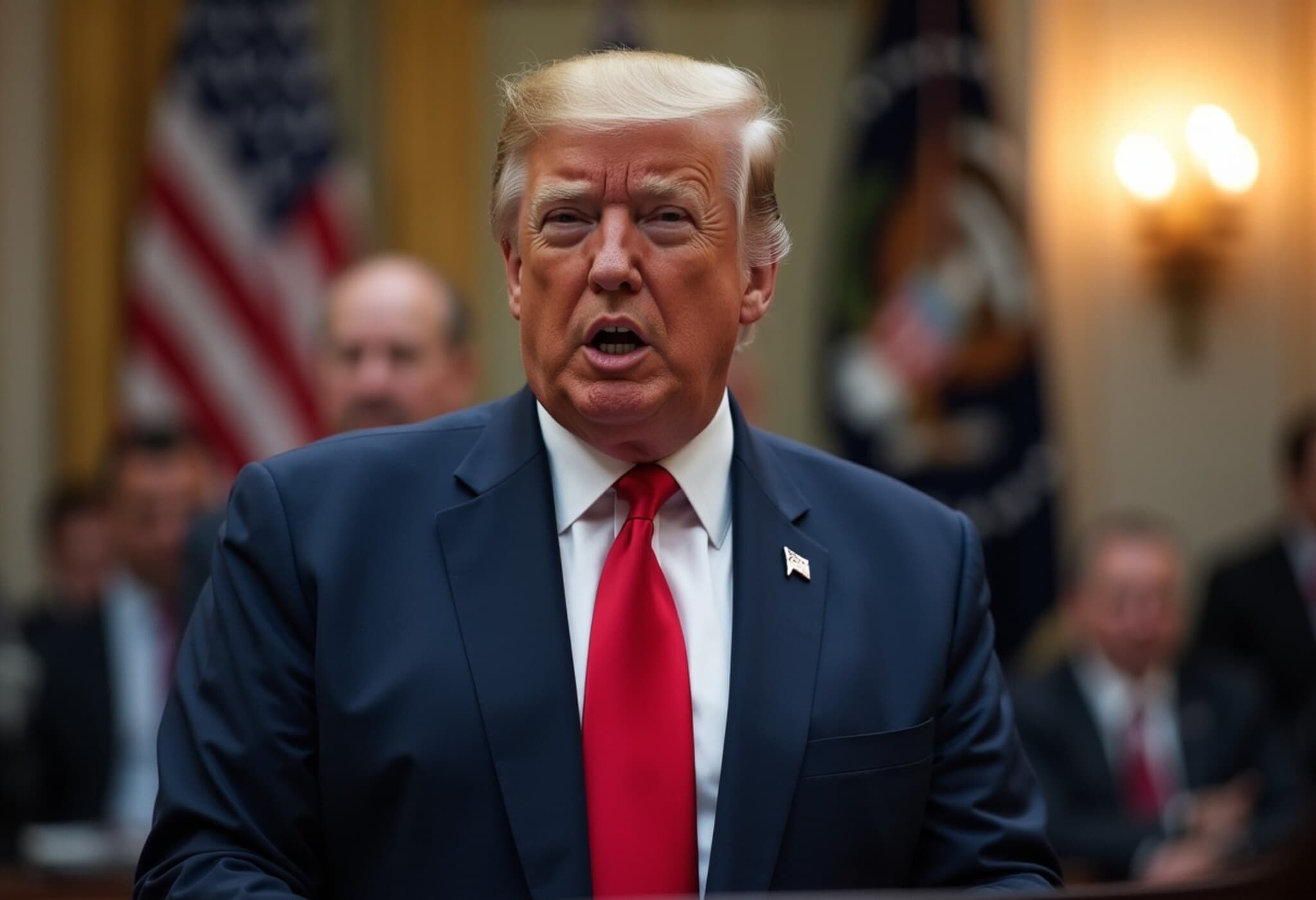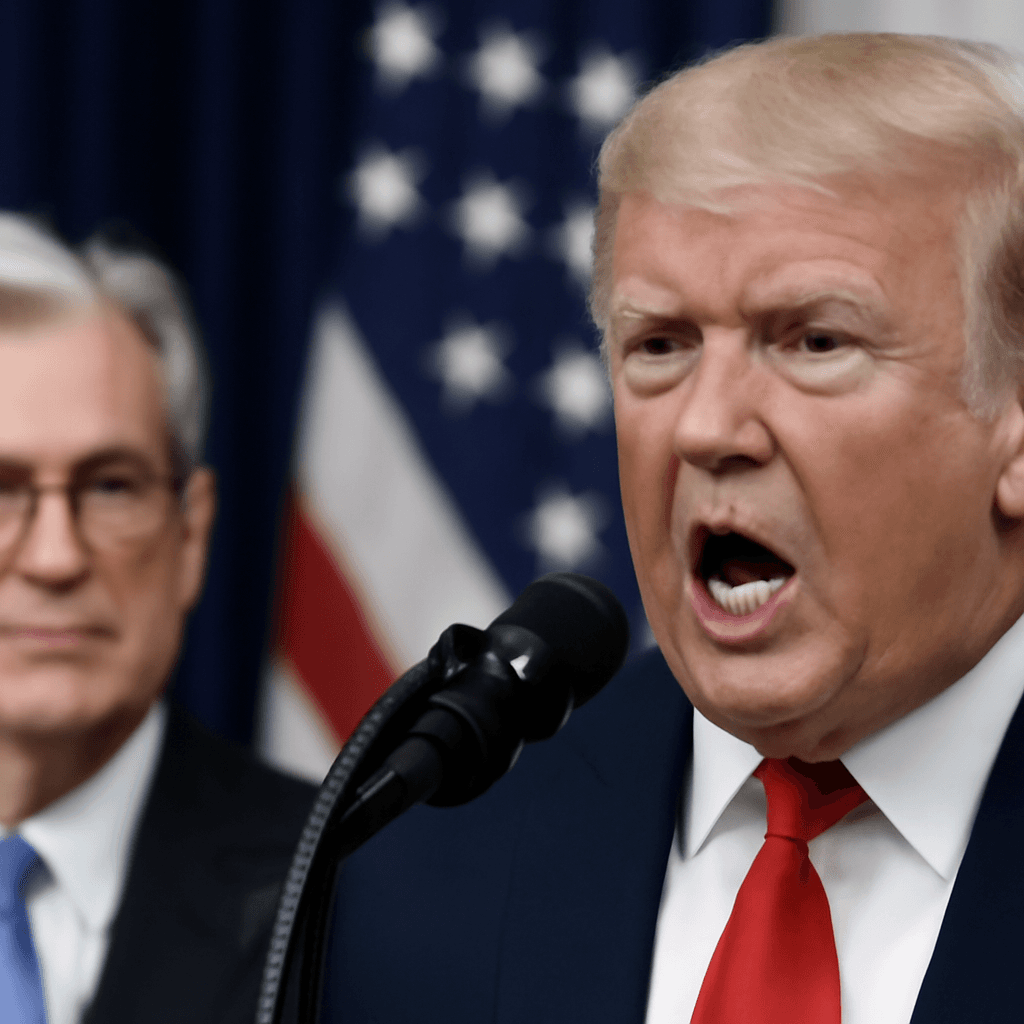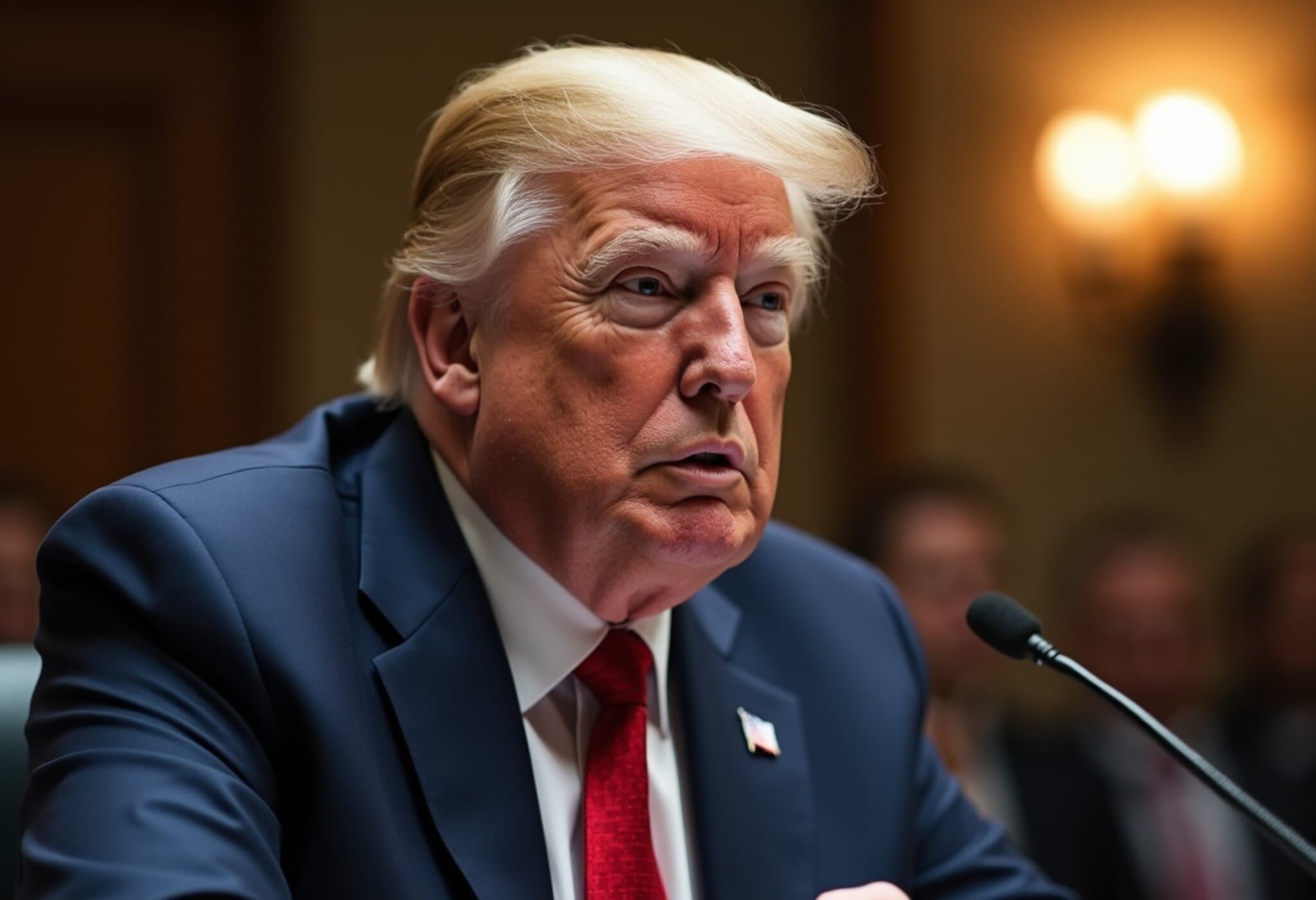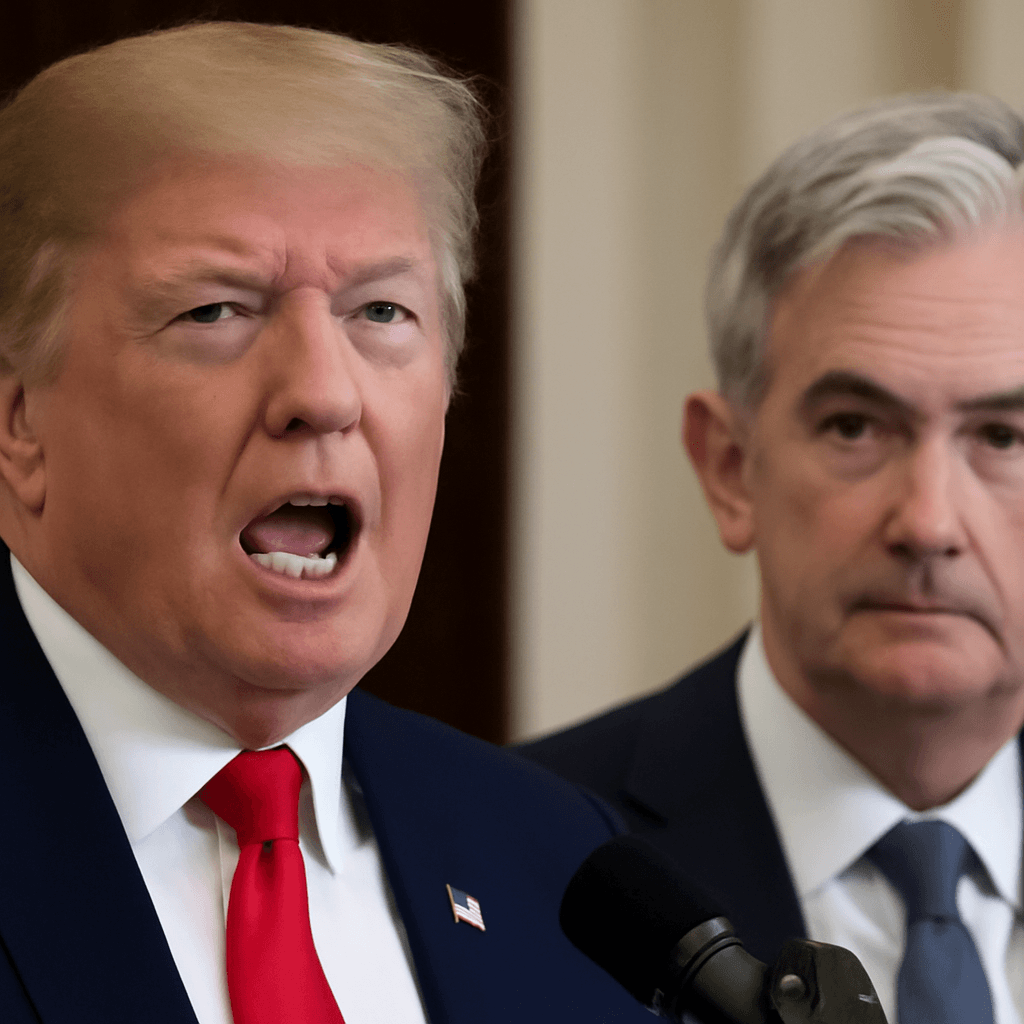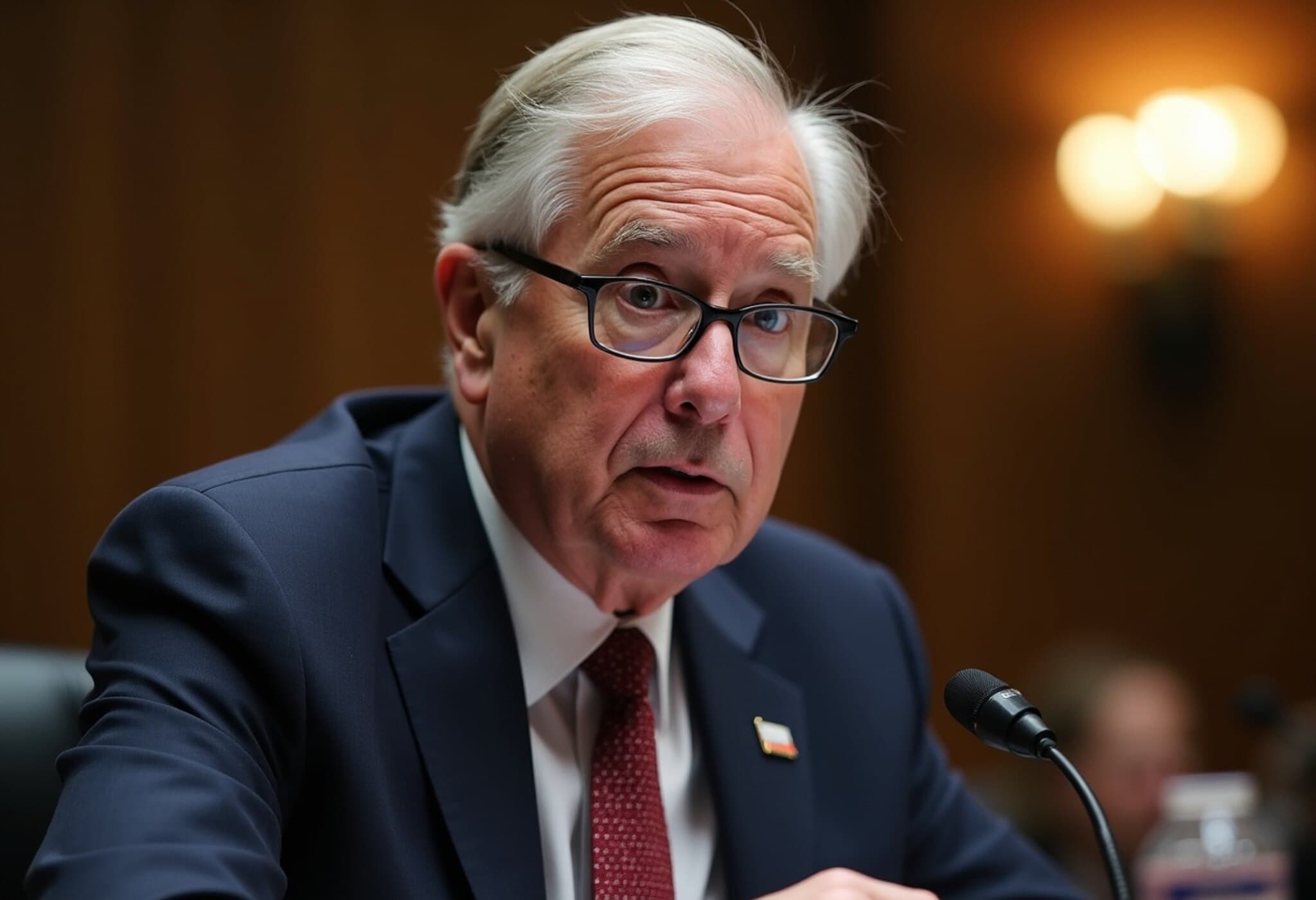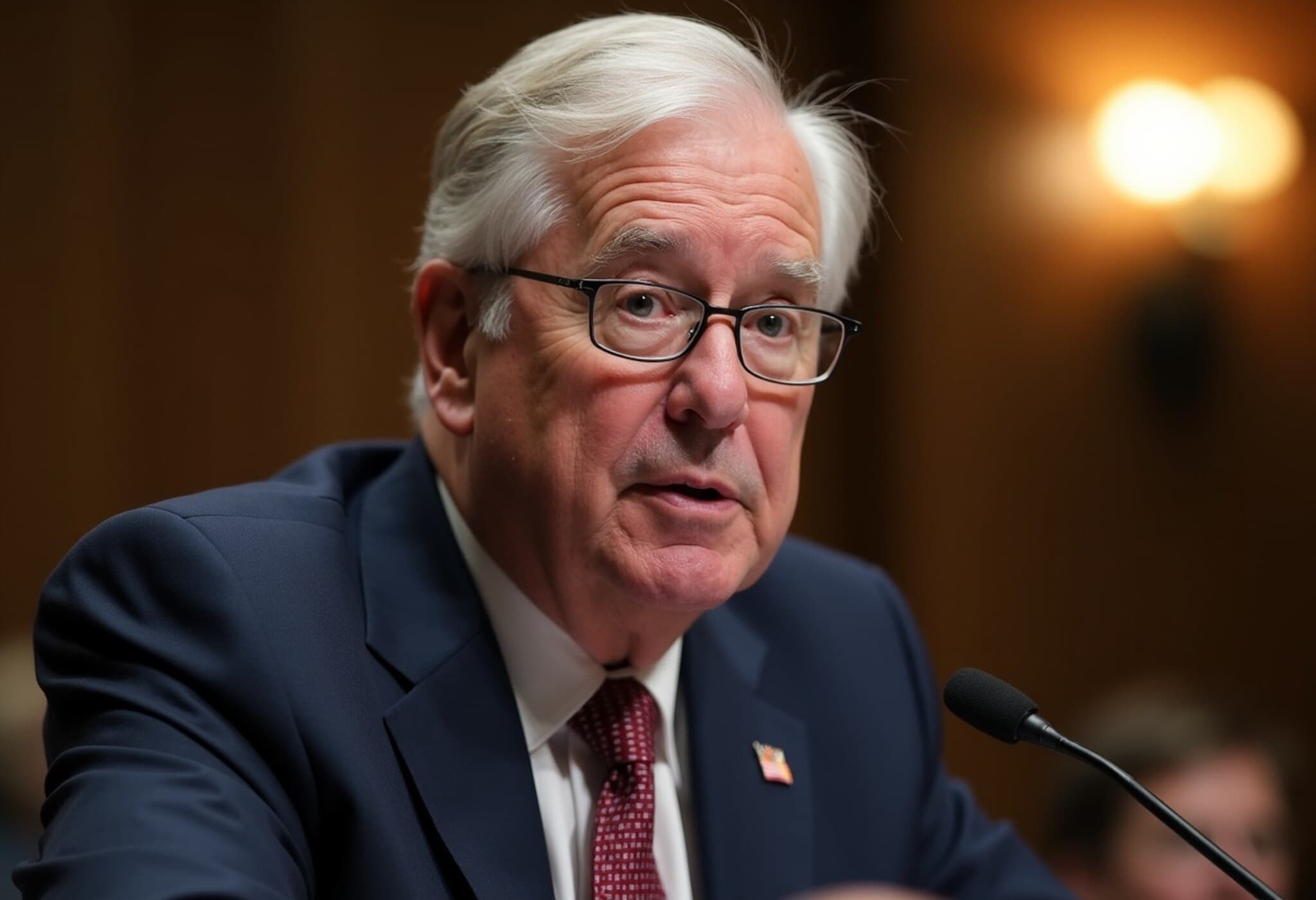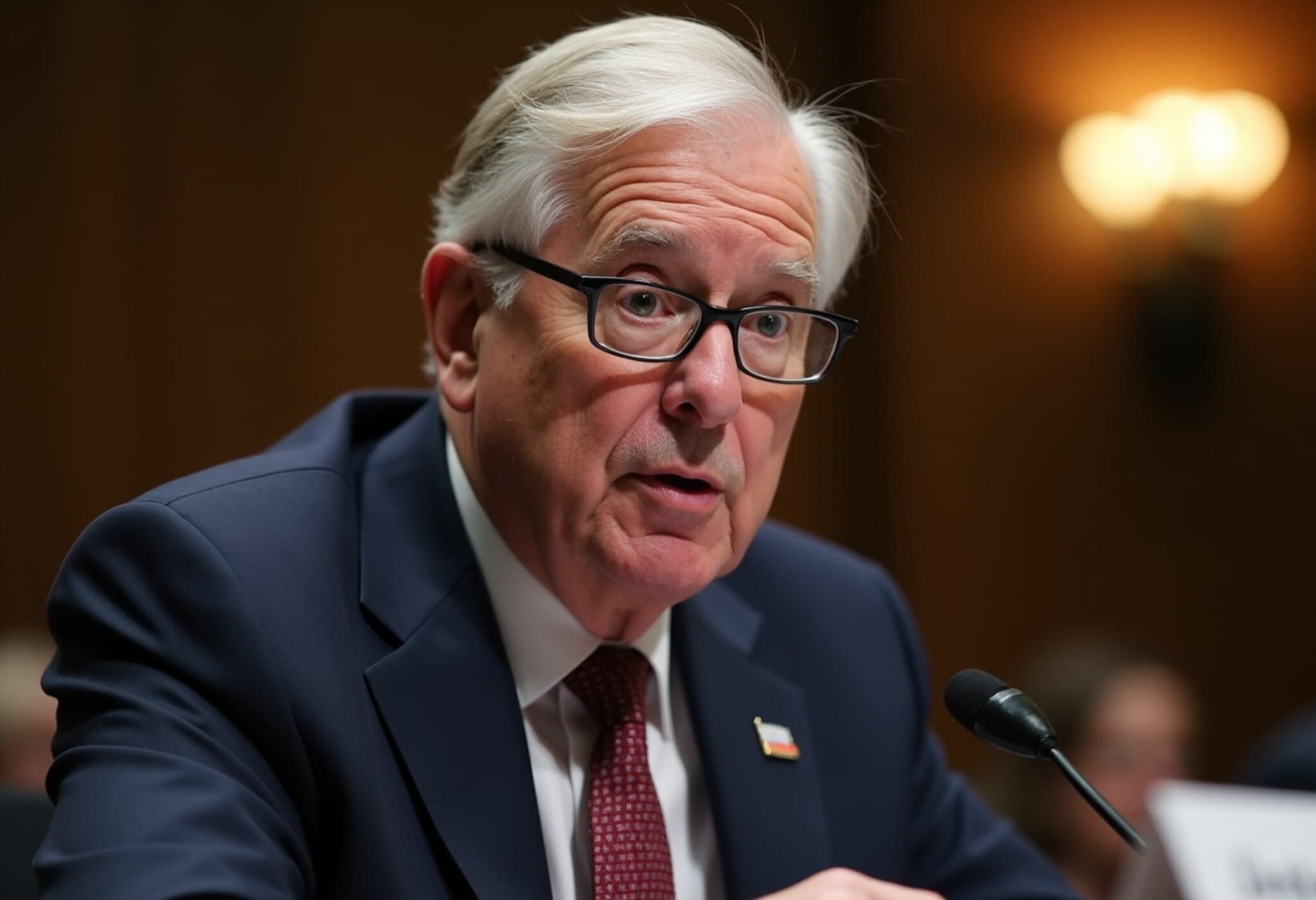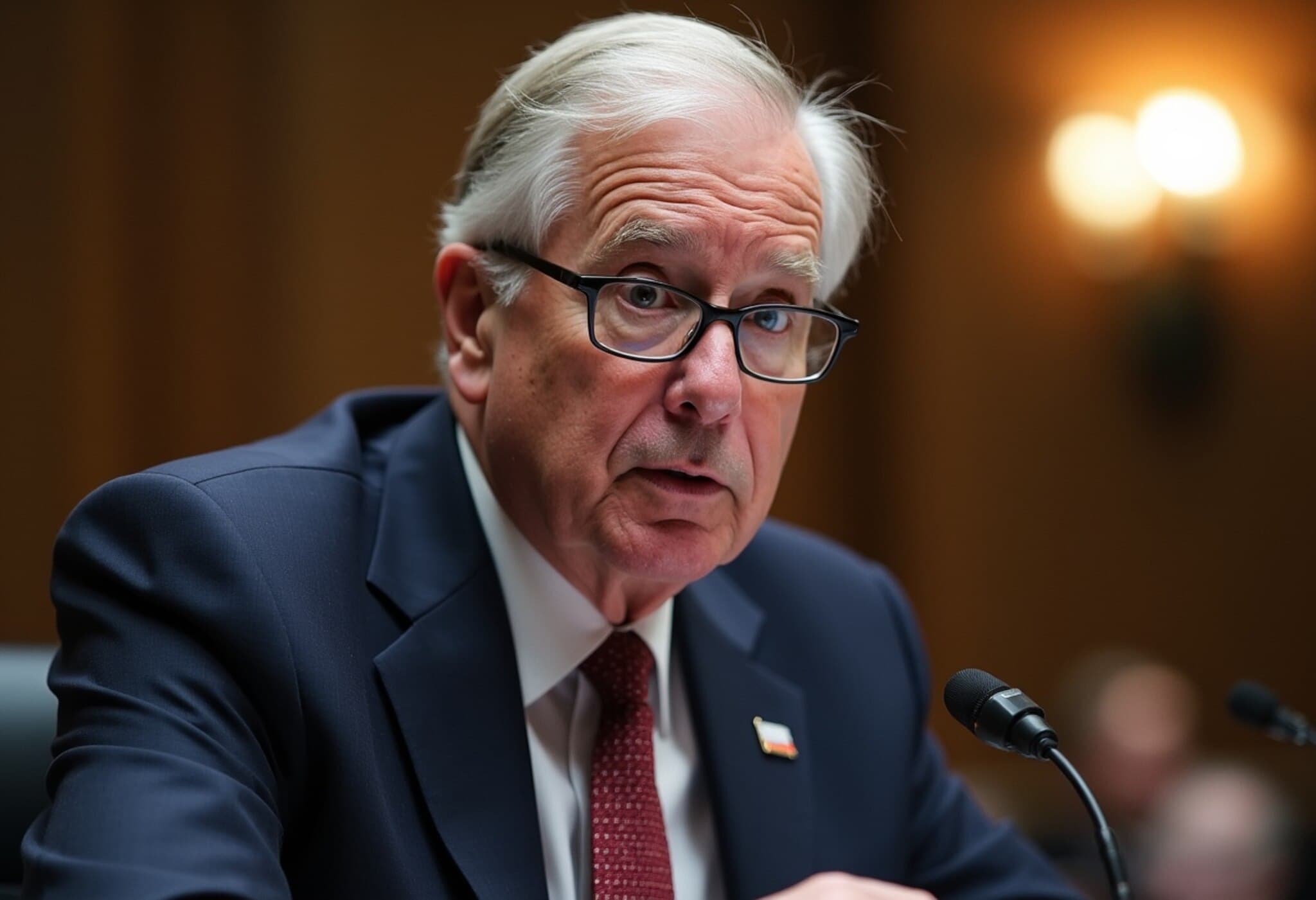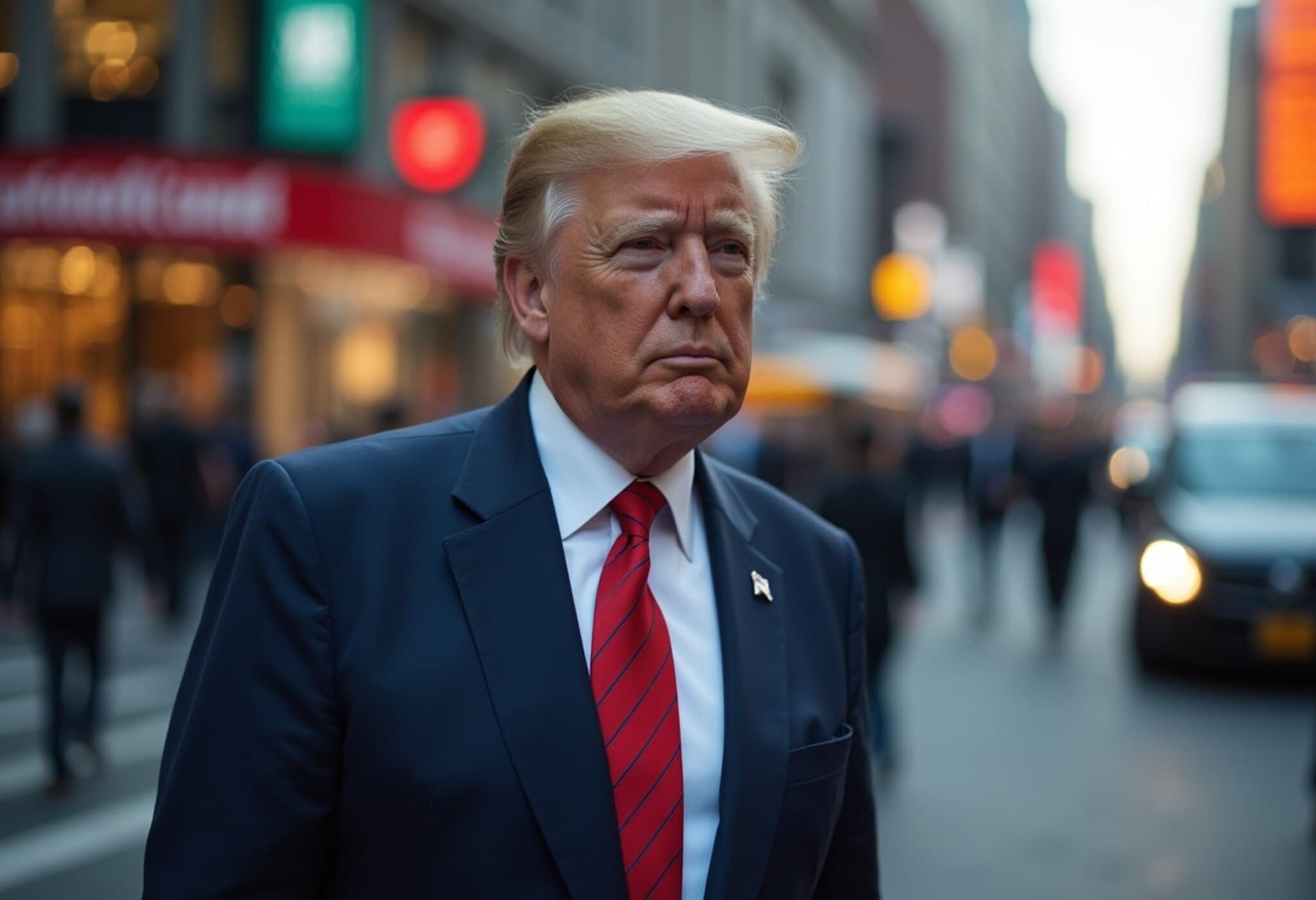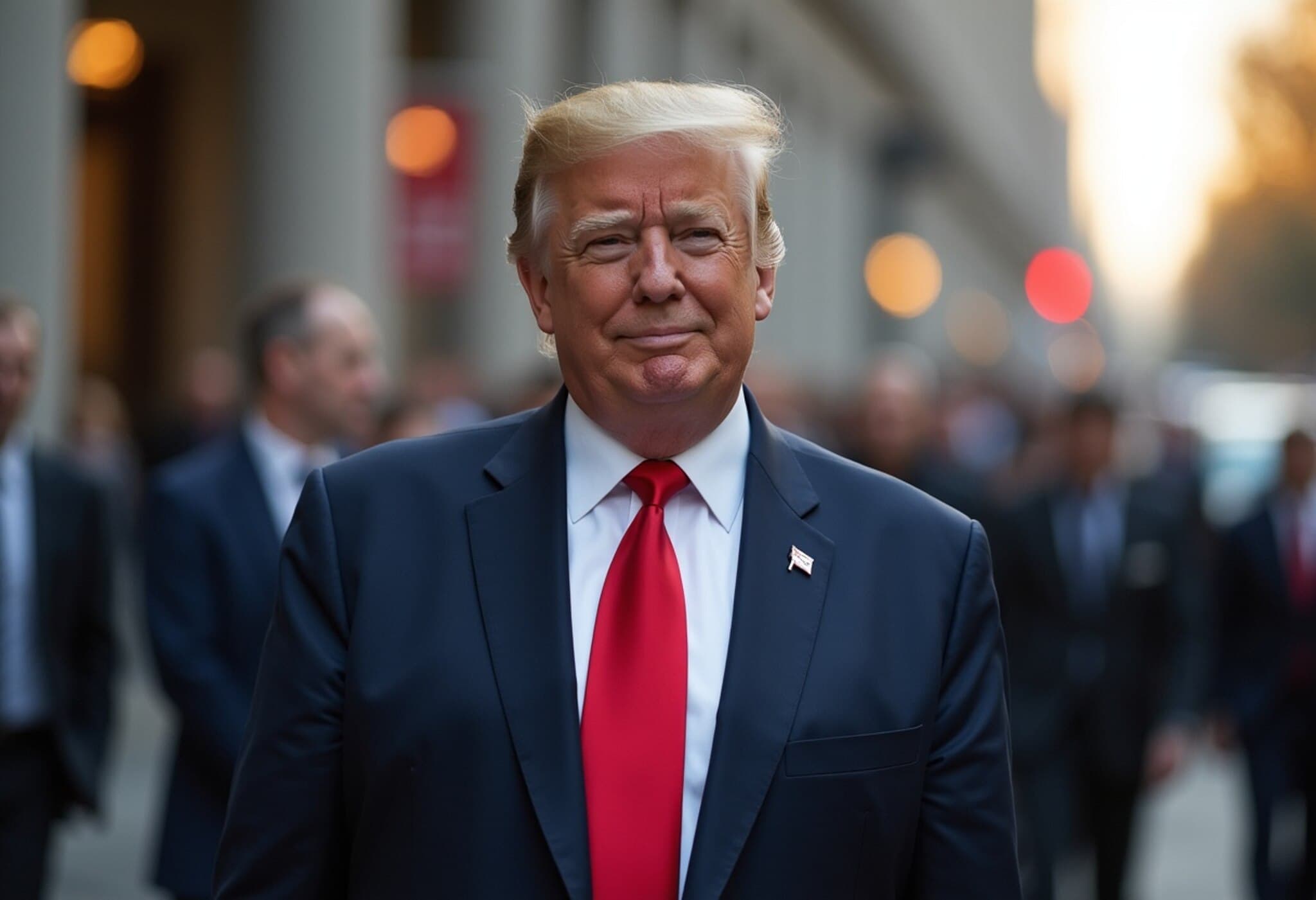Senator Mike Lee Shares AI-Generated Fake Powell Resignation Letter
In a surprising social media incident on July 22, 2025, Senator Mike Lee (R-Utah) posted and swiftly deleted a fabricated letter allegedly from Federal Reserve Chair Jerome Powell announcing his resignation. The letter, which appeared to be artificially generated, claimed Powell would step down effective that day, sparking confusion and media attention before being debunked.
Details of the Fabricated Letter
The forged document, addressed simply to "The President," was riddled with visual inconsistencies: a distorted Federal Reserve seal featuring non-English characters, a slightly malformed eagle, and irregular text spacing that tipped off observers to its inauthenticity. The letter stated, in part:
"After much reflection, I have decided to resign from my position as Chair of the Board of Governors of the Federal Reserve System, effective at the close of business today, July 22, 2025."
Senator Lee’s X (formerly Twitter) account, @BasedMikeLee, displayed the post accompanied by flashing red siren emojis and the caption "Powell's out!" before it was deleted.
Response and Context
Shortly after the post, Lee’s office confirmed to The Hill that the senator took down the letter "out of an abundance of caution," citing uncertainty about its authenticity. No immediate detailed comment was given by Senator Lee himself, and his office did not respond to further inquiries.
The Federal Reserve declined to comment on the fake letter, while Jerome Powell remains in his position.
Why Does This Matter?
This incident unfolds amid an ongoing politically charged backdrop: former President Donald Trump has publicly criticized Powell’s leadership at the Fed, urging him to resign amid disagreements over interest rate policies. Trump advocates for sharply lowering interest rates to boost economic growth, whereas the Fed has maintained its stance against rate cuts so far in 2025.
In this climate, the spreading of unverified information about Powell’s resignation feeds into broader tensions between political figures and independent monetary policy institutions.
Broader Implications: The Role of AI in Misinformation
This episode sheds light on a growing challenge: AI-generated fake content can circulate swiftly on social media, even from high-profile public officials. The distorted Fed seal and text anomalies reveal the developing methods of artificial misinformation, underscoring the need for heightened media literacy, especially in political discourse.
Adding to the spread, conservative commentator Benny Johnson also briefly posted the bogus letter before publicly retracting it, admitting, "The Jerome Powell letter is fake. Please don't share it. Sorry. Bad look." Johnson nonetheless expressed his own desire for Powell to resign, highlighting the emotional and political undercurrents driving misinformation propagation.
Expert Commentary
Dr. Lisa Carter, a political analyst specializing in institutional trust and media, notes, "The premature sharing of such fabricated documents by elected officials threatens public confidence not only in policymakers but also in key monetary institutions crucial for economic stability. It raises urgent questions about accountability in digital communication and the verification processes for sensitive information."
She adds, "Given the Federal Reserve’s critical role in American and global economics, misrepresentations concerning its leadership have the potential to unsettle markets and create unwarranted political pressure."
Looking Ahead: Questions for Policymakers and Social Platforms
- How can lawmakers better ensure the accuracy of information before sharing on prominent platforms?
- What responsibilities do social media companies have to flag or restrict AI-generated fake documents swiftly?
- How might misinformation about key economic leaders impact investor and consumer confidence in volatile economic times?
Editor’s Note
Senator Mike Lee’s posting and rapid deletion of an AI-crafted fake resignation letter attributed to Federal Reserve Chair Jerome Powell offer a cautionary tale on the weaponization of misinformation amidst political tension. At a time when trust in institutions is fragile, the incident highlights how technological advances, such as AI content creation, complicate the responsibilities of public figures and platforms to maintain factual discourse. Readers should remain vigilant and critically evaluate sources, especially when it comes to claims affecting national economic leadership.

